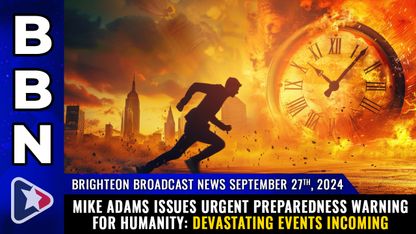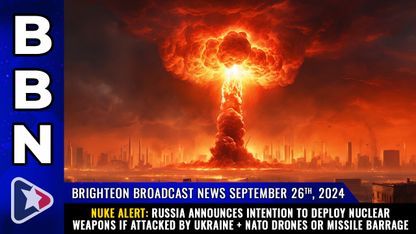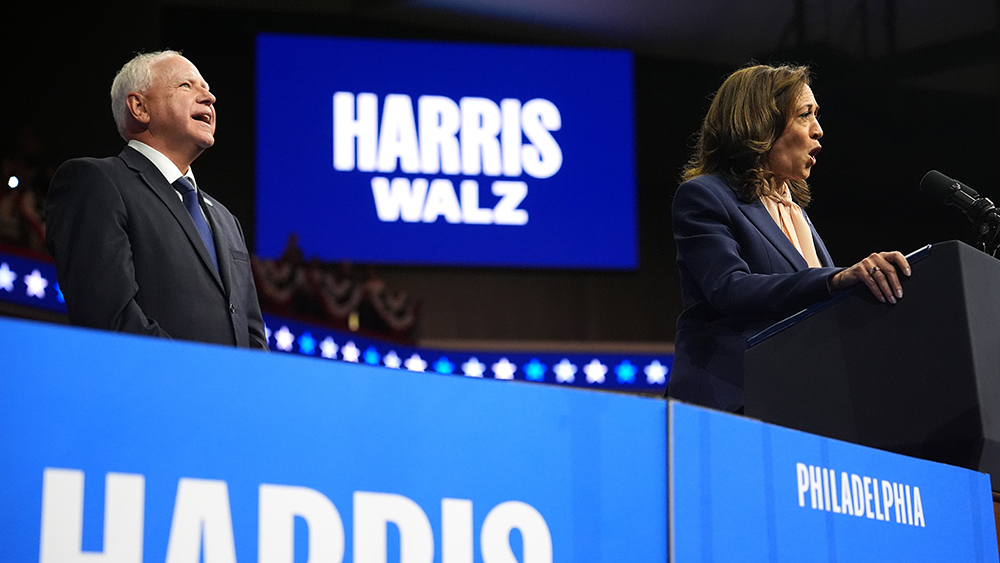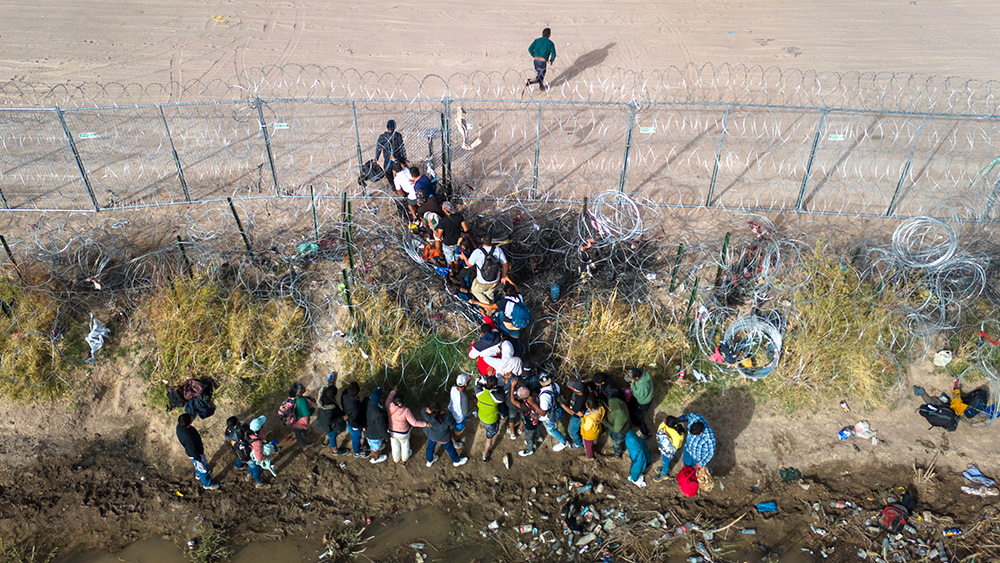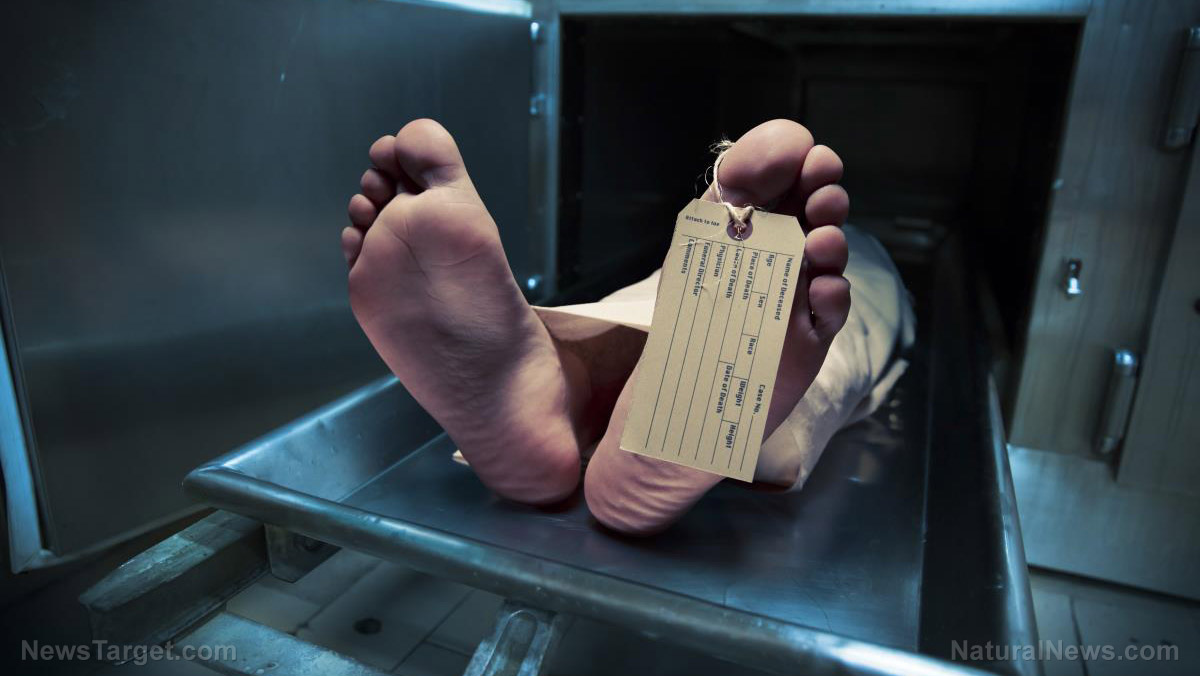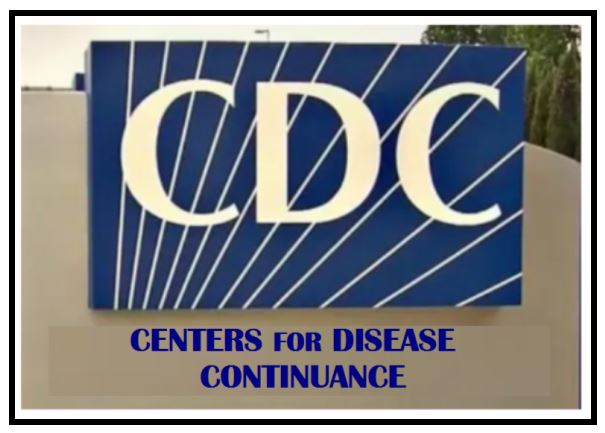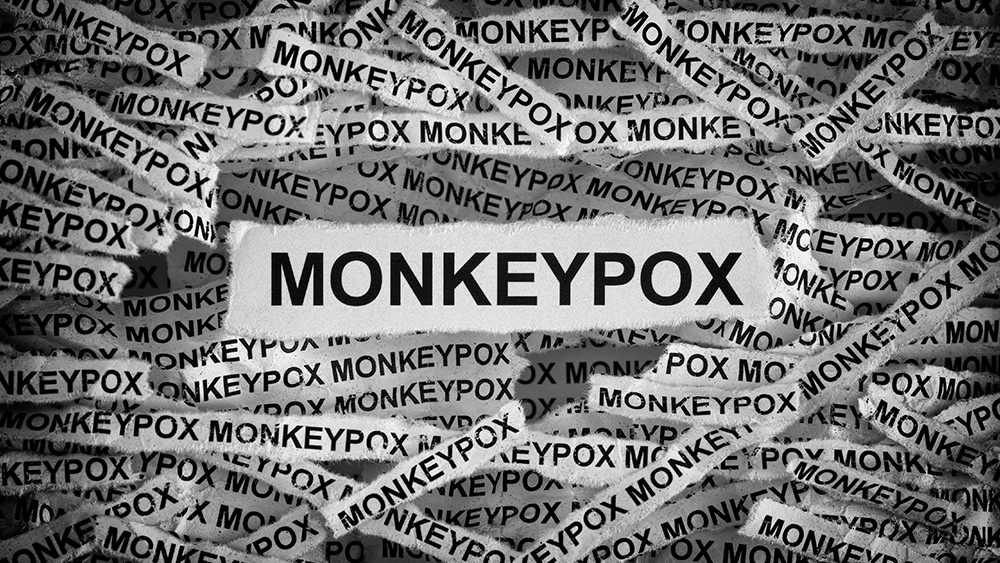
An emergency use listing is used by the organization to support member states that have not authorized an unlicensed vaccine or therapeutic in speeding up the process so they can be administered to the population. According to WHO Director General Tedros Adhanom Ghebreyesus, the move will enable people in lower-income countries that still haven't approved the vaccines to access them sooner.
“Emergency Use Listing also enables partners including Gavi and UNICEF to procure vaccines for distribution,” he said.
Emergency use listing is the same designation that was used during the COVID-19 pandemic to help member states authorize and distribute the experimental vaccines to the masses.
According to Tedros, the Democratic Republic of the Congo is currently in the midst of a severe monkeypox outbreak, recording 14,000 cases and more than 500 deaths. At least 50 confirmed cases have been reported in nearby countries such as Rwanda, Uganda, Kenya and Burundi.
The World Health Organization declared monkeypox, which they now refer to as mpox, as a global emergency after it had spread to more than 70 countries in 2022. The declaration was made against the advice of an independent review panel.
Tedros has also announced that the World Health Organization is working on a $15 million response plan that will be responsible for surveillance, readiness and response activities. There will also be a meeting of the emergency committee under the International Health Regulations to determine whether the current outbreak can be considered a “public health emergency of international concern.”
Tedros stated: “The committee will meet as soon as possible and will be made up of independent experts from a range of relevant disciplines from around the world.”
The disease, which largely affects men who are gay and bisexual, is rarely fatal and no deaths from it have been reported in the U.S. so far. The symptoms tend to be mild and include a rash, fever and swollen lymph nodes. Some people may experience back pain, muscle aches, a lack of energy, severe headaches and skin eruptions.
Scaring people into getting vaccines
Despite the mildness of the disease, several government contracts have shelled out hundreds of millions of dollars to vaccine makers to stockpile the jabs.
However, experts like Dr. Meryl Nass, a biological warfare expert and internist, point out that the efficacy of these vaccines is questionable. Their labels indicate that their efficacy rates are inferred based on the results of immunogenicity studies that look at antibody responses instead of confirming that a vaccine actually provides protection against the disease in question.
There are currently two monkey pox vaccines, Jynneos and ACAM2000, both of which were originally approved for smallpox. In 2019, Jynneos received a license for use against monkey pox despite the absence of an outbreak at the time. ACAM2000, meanwhile, has been used during the current outbreak as part of an expanded access investigational new drug protocol and has been causing pericarditis, myocarditis and other severe side effects at a high rate.
Conveniently, early research shows that the antibodies from these jabs decline a year after getting the shot, which could provide a nice recurring income stream from boosters for vaccine makers if they can convince the world that the illness is a legitimate health threat.
Sources for this article include:
Please contact us for more information.


